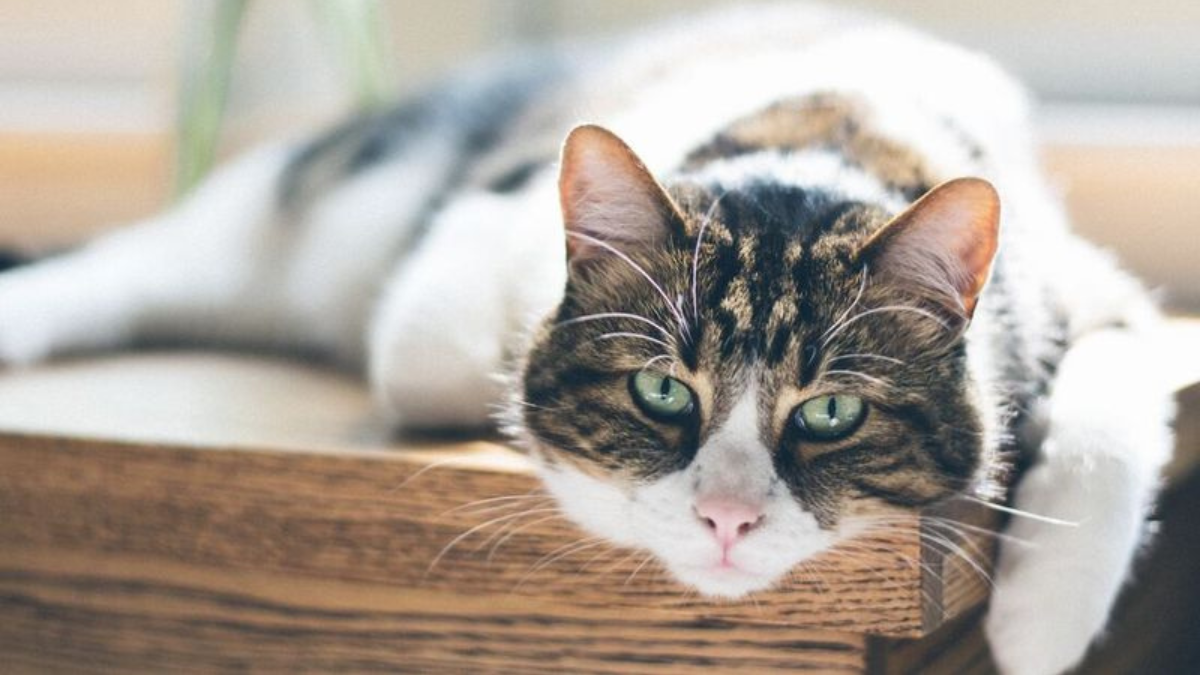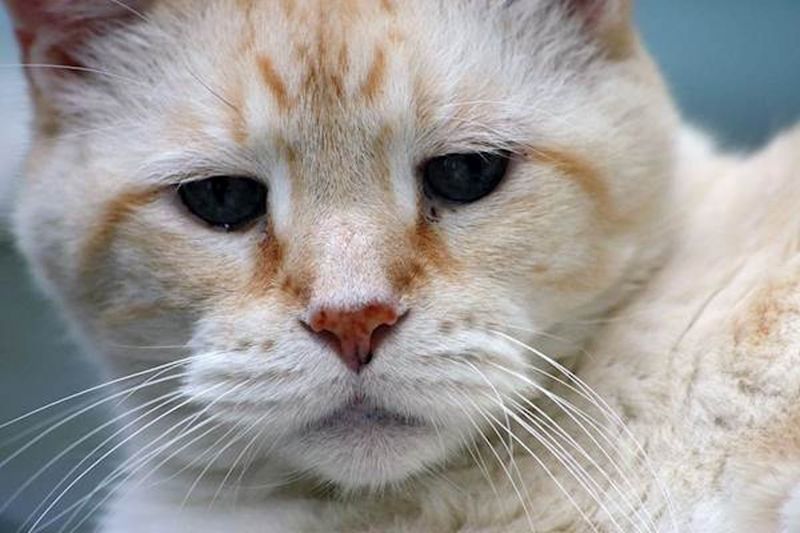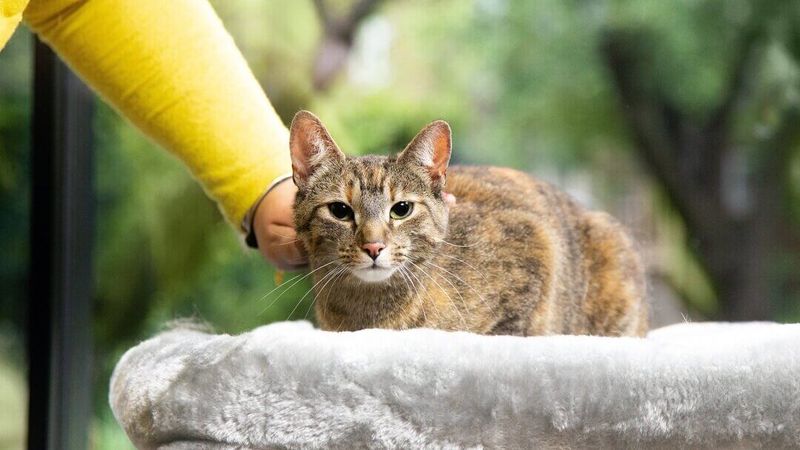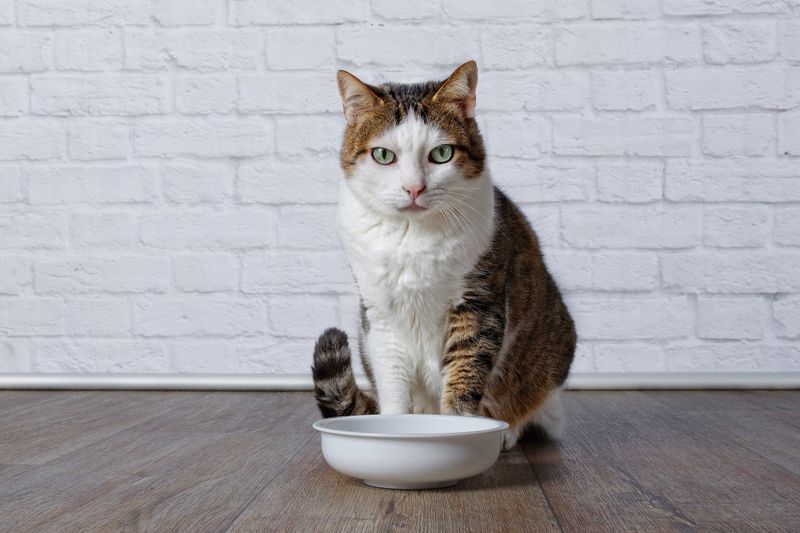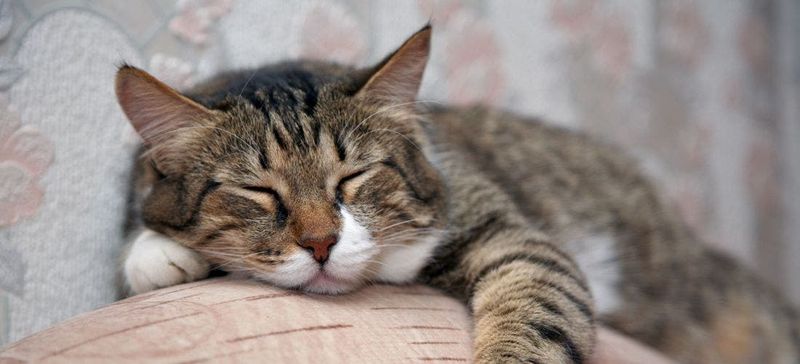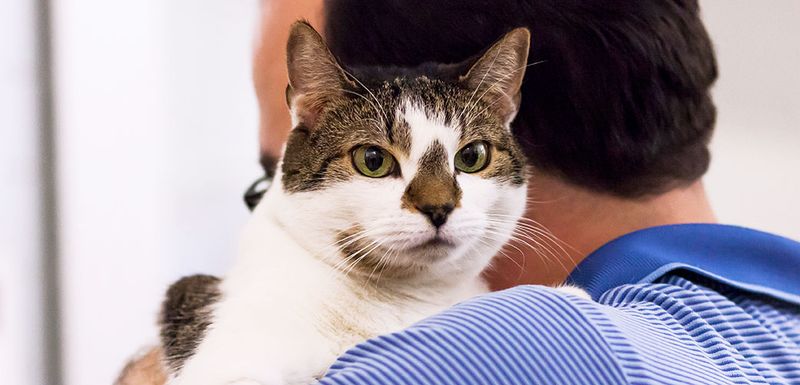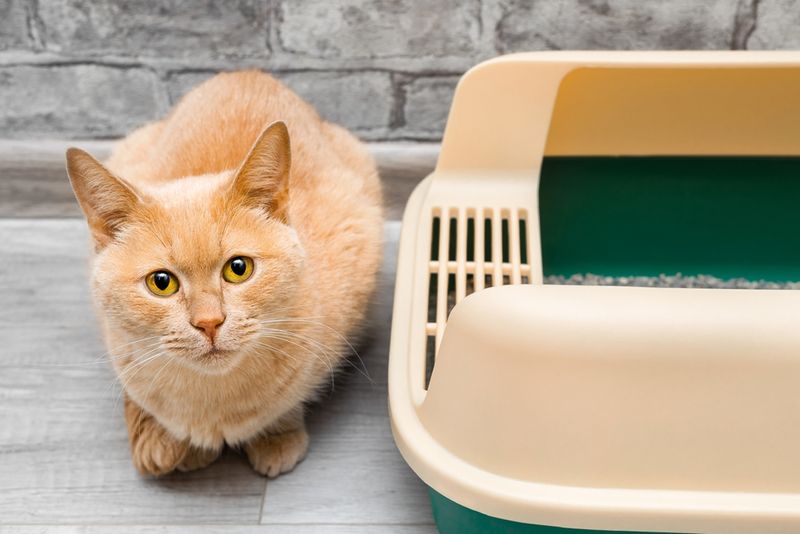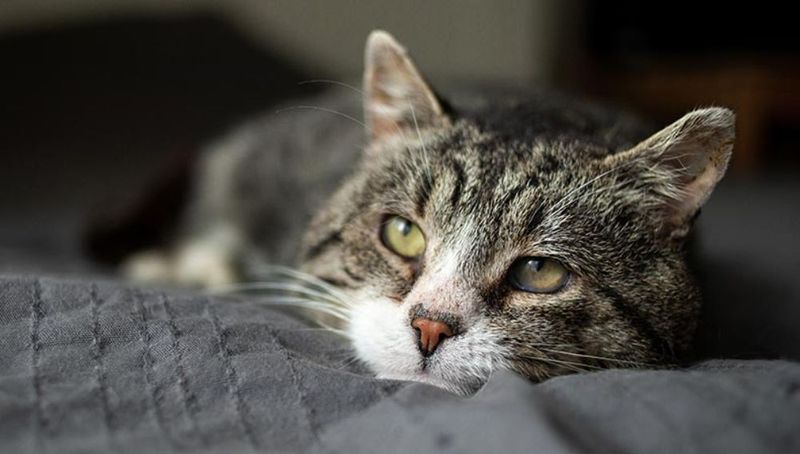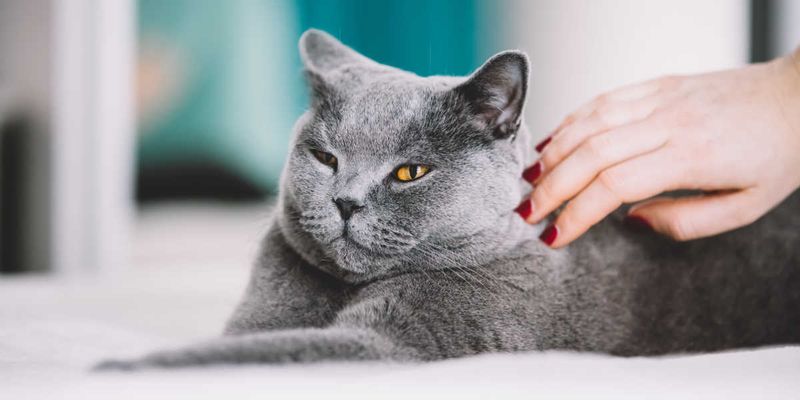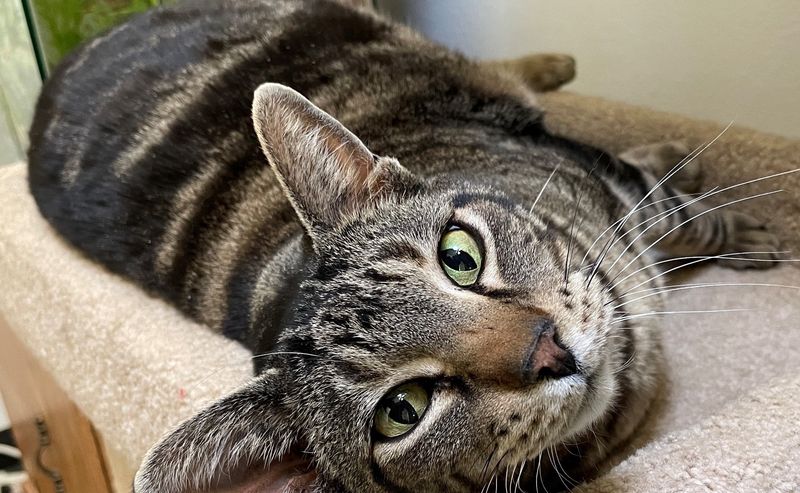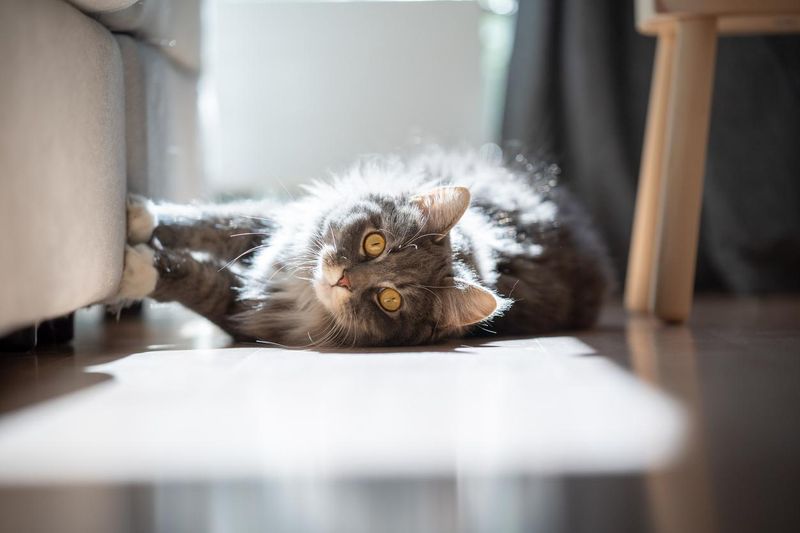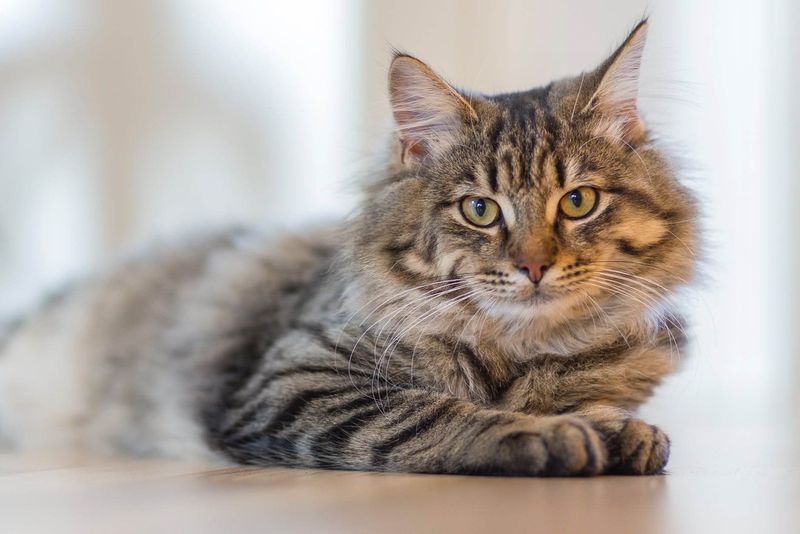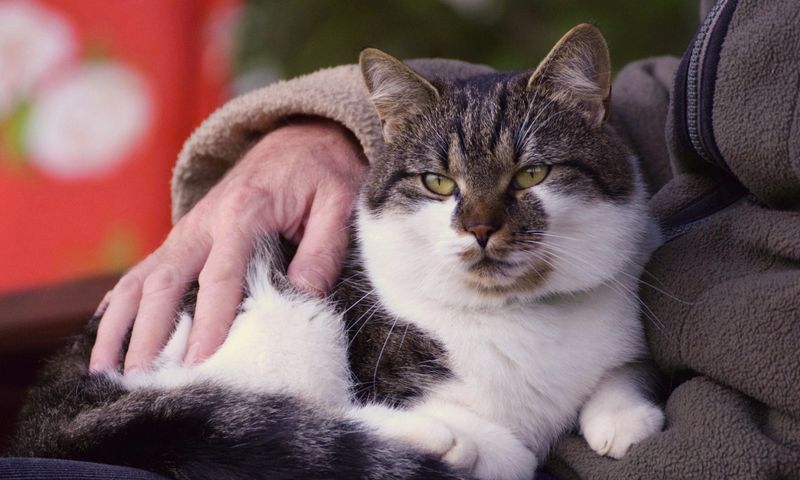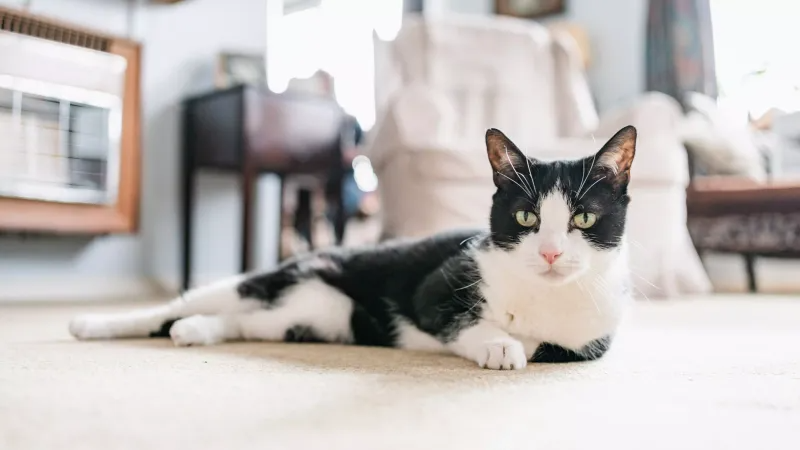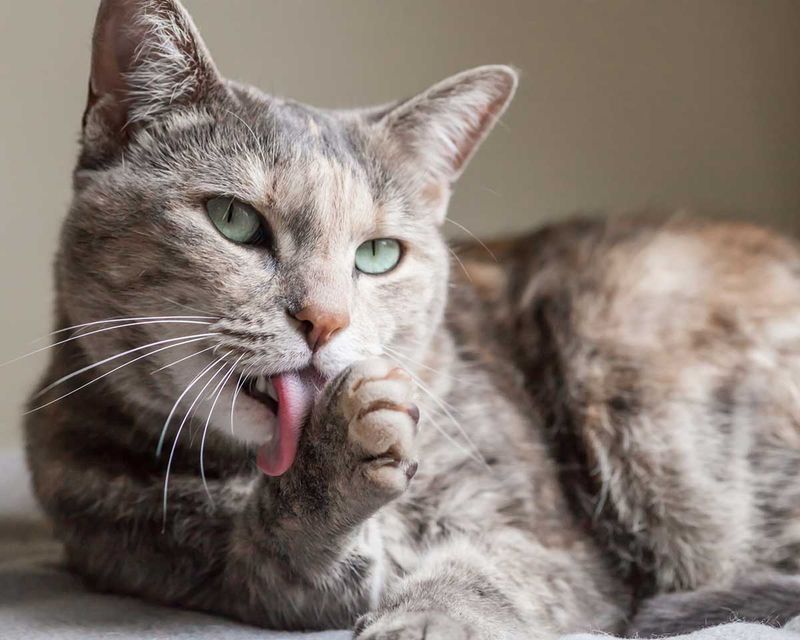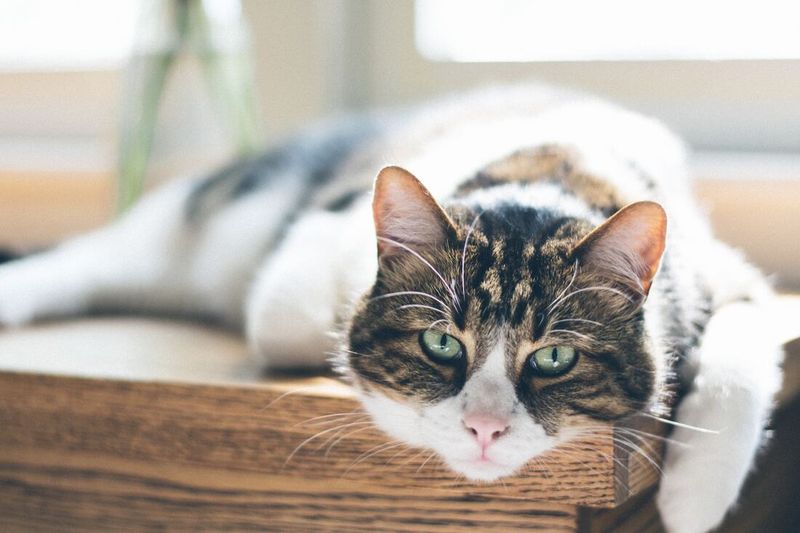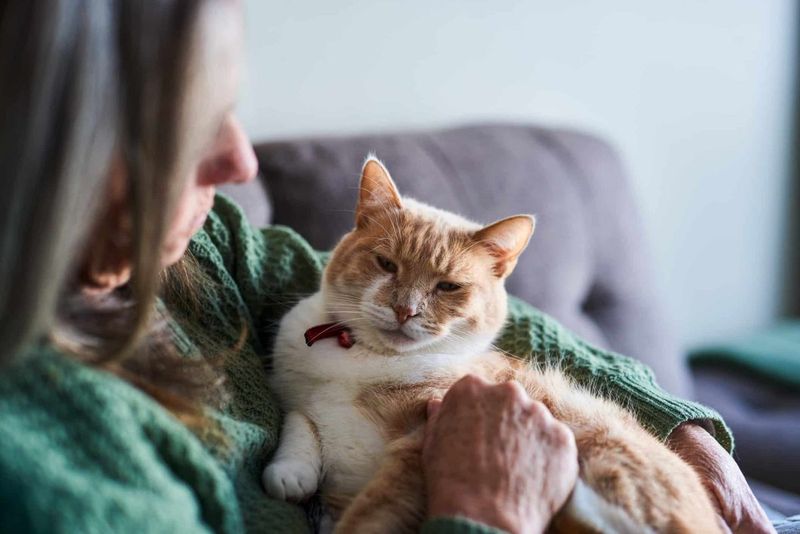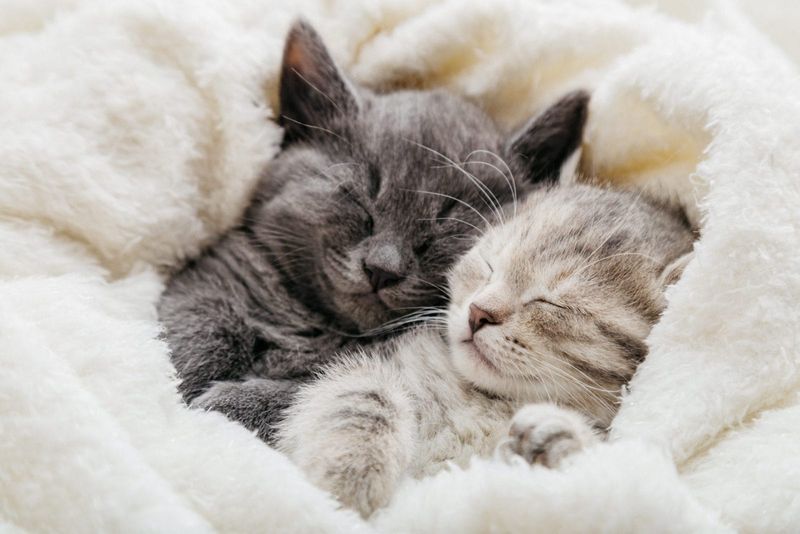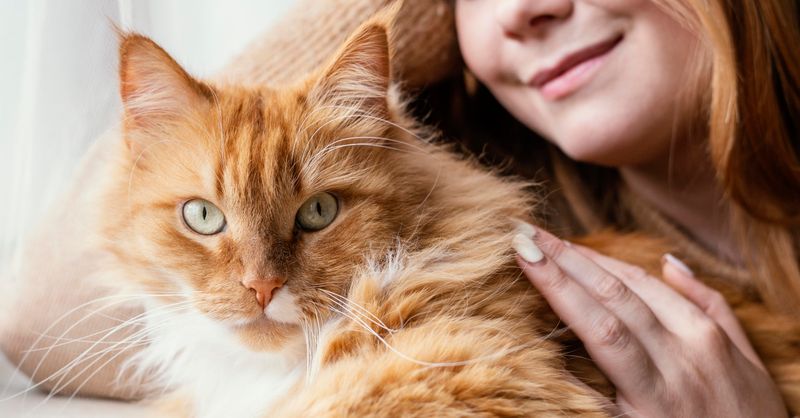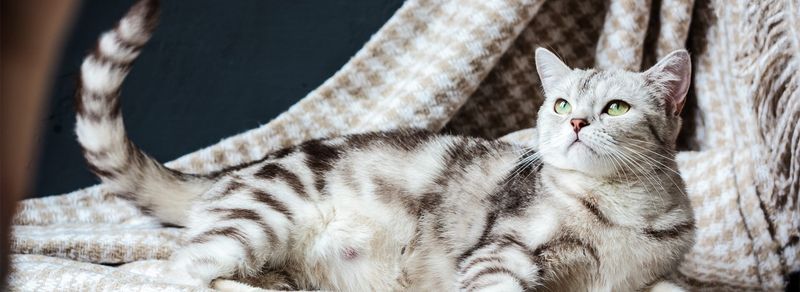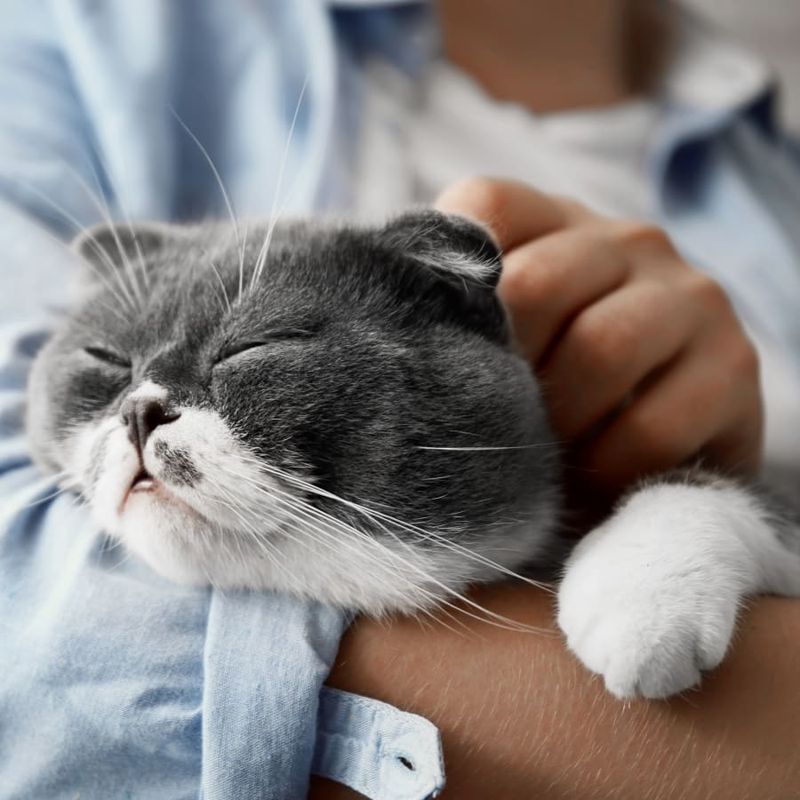📖 Table of Content:
- 1. Health Issues
- 2. Behavioral Changes
- 3. Special Dietary Needs
- 4. Limited Mobility
- 5. Increased Need for Attention
- 6. Potential Litter Box Issues
- 7. Cognitive Decline
- 8. Sensitivity to Temperature
- 9. Emotional Investment
- 10. Increased Anxiety or Stress
- 1. Calm Temperament
- 2. Known Personality
- 3. Less Training Required
- 4. Grateful Companionship
- 5. Health and Medical Awareness
- 6. Instant Bonding
- 7. Experienced with Other Pets
- 8. Great for Seniors and Singles
- 9. Environmental Impact
- 10. Saving a Life
Adopting a senior cat can be a deeply rewarding experience, but it comes with its own set of challenges. While older cats often have a lot of love to offer, there are factors to consider before bringing one into your home. Understanding both the potential difficulties and the unexpected joys can help you make an informed decision.
Senior cats can face a range of age-related health concerns, and they may require more attention and care than younger cats. Their routines may be affected by cognitive decline, and their physical abilities can decrease over time. However, with proper care, many older cats adapt well and bring comfort and companionship to their owners.
On the other hand, adopting a senior cat also has its unique rewards. These cats often come with a calm demeanor and a more relaxed approach to life. Their affectionate nature and slower pace may make them the perfect match for those seeking a laid-back companion.
1. Health Issues
When considering adopting a senior cat, one potential red flag to be aware of is the likelihood of health issues. Senior cats can experience a range of age-related problems such as arthritis, kidney disease, and dental issues.
Be prepared for regular vet visits and potentially higher medical costs. It’s essential to understand the cat’s health history and any special needs they might have. Addressing these health issues early can ensure a better quality of life for your feline friend.
Pay close attention to signs of discomfort or changes in behavior. Regular check-ups and preventive care can make a significant difference.
2. Behavioral Changes
Senior cats may exhibit behavioral changes that might be concerning to potential adopters. These changes can include increased aggression, withdrawal, or even depression. Such shifts in behavior might be linked to health problems or changes in their environment.
Understanding the root cause of these changes is crucial in managing them effectively. Patience and an observant eye can help identify triggers or stressors.
Consider consulting a vet or animal behaviorist if these changes persist. With understanding and care, many of these issues can be mitigated, allowing for a smoother transition into your home.
3. Special Dietary Needs
As cats age, their dietary needs often change, requiring special consideration. Senior cats might need food that supports joint health, renal function, or weight management. Be prepared to invest in higher-quality food that meets their nutritional requirements.
Reading labels and understanding dietary content becomes vital. Not all cats age in the same way, so tailoring their diet to their specific health needs is essential.
Consulting with a veterinarian can provide insights into the best diet for your senior cat. This investment in their diet can lead to a longer, healthier life.
4. Limited Mobility
Decreased physical movement is a common issue for senior cats, making it difficult for them to get around comfortably. Conditions like arthritis or joint problems can cause pain and restrict their movements, negatively impacting their quality of life.
Providing accommodations like ramps or easily accessible litter boxes can make a big difference. Pay attention to their gait and any signs of discomfort.
Regular vet check-ups can help manage these conditions with medication or lifestyle adjustments. Supporting a senior cat’s mobility needs is crucial for their comfort and happiness.
5. Increased Need for Attention
With age, cats may become more vocal and crave increased affection, leading to a higher demand for attention. This heightened need for companionship can be a lot for some pet owners to handle.
Ensuring you have time to dedicate to their emotional well-being is essential. Engaging in regular play and cuddle sessions can strengthen your bond.
Be observant of changes in their behavior that might indicate loneliness or anxiety. Meeting their attention needs can enhance their quality of life and create a rewarding relationship.
6. Potential Litter Box Issues
When adopting a senior cat, be aware that mobility problems or cognitive decline may cause them to have trouble using the litter box properly.
Monitoring their litter box habits is important for identifying problems early. Consider making adjustments like providing a litter box with lower sides or placing it in more accessible areas.
Consult a veterinarian if these issues arise, as they might indicate underlying health concerns. Addressing these issues promptly can prevent stress for both you and your cat.
7. Cognitive Decline
Disorientation, forgetfulness of daily habits, and altered sleep patterns are signs of cognitive decline in senior cats, which, though alarming, are often seen in aging cats.
Engaging them with interactive toys or simple puzzles can help stimulate their brain. Patience and gentle handling can support them through these changes.
Regular vet visits can help assess the situation and suggest treatments or lifestyle modifications to manage cognitive issues. Understanding and addressing cognitive decline can improve their quality of life.
8. Sensitivity to Temperature
Aging cats often become more sensitive to temperature changes. You might notice your elderly cat gravitating toward the warmest spots in the house, shivering if it gets too cold.
Ensure that your home provides a comfortable climate, particularly during colder months. Soft blankets and heated pads can offer additional warmth.
Maintaining a stable indoor temperature is essential. Your senior cat’s comfort relies on a warm and cozy environment, reducing the risk of discomfort or health issues related to cold.
9. Emotional Investment
Bringing a senior cat into your life requires emotional investment. These cats often have unique stories and may have faced hardships, needing extra love and understanding.
Building trust and forming a bond takes time, but the rewards can be immense. Being there for them in their twilight years provides comfort and fulfillment for both of you.
Embracing the emotional aspects of adopting a senior cat can lead to a deeply rewarding relationship. Cherishing these moments creates lasting memories and a profound connection.
10. Increased Anxiety or Stress
Past experiences may resurface in senior cats, triggering anxiety from simple noises like a truck passing or a door slamming, causing them to pace or hide.
Creating a calm and stable environment can help ease their anxiety. Try using soothing music or pheromone diffusers to create a tranquil haven for them.
Remember, patience is key. Allow them the time they need to adjust to their new surroundings and reassure them with gentle words and caresses.
1. Calm Temperament
Senior cats are known for their calm and laid-back demeanor, making them perfect companions for a tranquil household. Unlike energetic kittens that require constant supervision, senior cats often prefer lounging in sunspots or curling up with you on the couch. This relaxed nature means fewer disruptions and a peaceful coexistence.
Their maturity allows them to adapt easily to home routines, providing a stable and stress-free environment. For those who cherish quiet evenings and leisurely weekends, a senior cat can be the ideal companion. They enjoy your presence without demanding attention, offering comfort and companionship.
With a senior cat, you can expect a pet that knows the value of peace and quiet. Their gentle nature also means they’re less likely to engage in destructive behavior, preserving your home and valued possessions. Embrace the serenity that a senior cat brings to your life.
2. Known Personality
One of the most significant benefits of adopting a senior cat is that their personality is fully developed and known. Unlike kittens, whose behaviors and traits can change as they grow, senior cats have settled into their unique personalities.
When you adopt a senior cat, you can choose a feline friend that matches your lifestyle and preferences. Whether you want a playful companion or a reserved friend, there’s a senior cat that fits the bill. This predictability helps in creating a harmonious relationship, as you know what to expect.
Moreover, shelters can provide insights about a senior cat’s habits, likes, and dislikes, ensuring a smoother transition into your home. Knowing a cat’s personality in advance allows you to make a more informed decision, enhancing the adoption experience for both you and your new furry friend.
3. Less Training Required
Senior cats come with the benefit of being well-versed in household etiquette. Most are already litter-trained, understanding where to go and what not to scratch. This advantage means less time spent on training and more time enjoying your new pet’s company.
Their experience with humans and prior homes equips them with a knowledge of how to behave appropriately, reducing the likelihood of common pet challenges. They are typically familiar with household routines, making them low-maintenance members of the family.
This established behavior not only saves time but also prevents the frustration that comes with training a younger pet. For busy individuals or families, a senior cat offers the peace of mind that comes with a pet who knows the ropes. Enjoy the ease that comes with adopting a mature feline friend.
4. Grateful Companionship
Senior cats often show deep gratitude and affection towards their adopters. Having experienced life in shelters or multiple homes, they appreciate a stable and loving environment. This gratitude manifests in the form of purrs, head nudges, and a strong desire to be near you. Their maturity means they value the bond with their humans, often seeking out companionship and cuddles.
This creates a fulfilling relationship that is rewarding for both the pet and the owner. The grateful nature of a senior cat can be particularly comforting for those seeking a deep emotional connection.
In welcoming a senior cat, you’re not just getting a pet; you’re gaining a loyal friend who understands the value of love and home. Their appreciation for your care enriches both your lives, providing a sense of purpose and companionship that’s hard to match.
5. Health and Medical Awareness
Adopting a senior cat often comes with the advantage of having a clear understanding of their health and medical needs. Many senior cats have already been through initial health screenings, with recorded histories that help new owners anticipate and manage ongoing care.
With senior cats, you are more likely to be aware of any chronic conditions or special needs they may have. This knowledge allows for better preparedness in providing the necessary care and support. Regular veterinary visits ensure that any health issues are monitored and managed effectively. Understanding a senior cat’s medical background allows you to make informed decisions about their care, enhancing their quality of life.
By adopting a senior cat, you take on the rewarding challenge of providing love and care to an older animal, knowing you have all the information needed to keep them healthy and happy.
6. Instant Bonding
Senior cats are often ready and eager to form bonds with their new families. Having lived through various stages of life, they are quick to appreciate and return affection, leading to immediate connections.
Their past experiences make them open to forming new attachments, as they understand the value of human companionship. This readiness to bond can be particularly appealing to those seeking a pet who will integrate swiftly into family life.
By adopting a senior cat, you often enjoy a smoother transition period, as their established personalities and desire for companionship facilitate quick and lasting bonds. Experience the joy of an immediate connection with a mature feline friend who is eager to be part of your world.
7. Experienced with Other Pets
Many senior cats have lived in multi-pet households, giving them the experience needed to coexist peacefully with other animals. Their familiarity with diverse environments often makes them adaptable and accepting of new furry friends.
Unlike younger cats who may need time to learn social cues, senior cats often understand the dynamics of living with other pets. This makes them ideal additions to households that already have animals, as they integrate smoothly into existing pet hierarchies.
For pet owners looking to expand their furry family, a senior cat offers the benefit of experience, easing the introduction process. Enjoy the harmony that a seasoned pet brings to a multi-animal home, contributing positively to the social environment.
8. Great for Seniors and Singles
Senior cats are excellent companions for seniors and singles, providing comfort and companionship without the high energy demands of younger pets. Their calm nature and love for routine align well with a quieter lifestyle, offering affection and presence.
For seniors, a senior cat provides not only companionship but also a sense of purpose and routine. Their low maintenance needs make them perfect for individuals who want a pet that doesn’t require constant attention.
Singles can also benefit from the companionship of a senior cat, finding joy in the affection and loyalty these mature pets offer. Experience the mutual benefit of companionship with a pet who aligns perfectly with your lifestyle and needs.
9. Environmental Impact
Adopting a senior cat can have a positive impact on the environment, as it reduces the demand for breeding and helps shelters manage existing populations. By providing a home for an older pet, you contribute to a more sustainable approach to pet ownership.
Senior cats require fewer resources in terms of training and medical care compared to younger animals, which can lead to a reduction in overall environmental impact. This makes them an eco-friendly choice for conscientious pet owners.
By choosing to adopt rather than shop, especially for an older cat, you support humane practices and help reduce the carbon footprint associated with pet breeding. Embrace the opportunity to make an environmentally conscious decision by welcoming a senior cat into your life.
10. Saving a Life
Perhaps the most rewarding benefit of adopting a senior cat is the knowledge that you are saving a life. Older cats are often overlooked in shelters, waiting longer for homes compared to younger animals. By choosing to adopt a senior cat, you give them a second chance at life.
Your decision has an impact beyond just one pet. It also helps alleviate overcrowding in shelters, allowing them to accommodate more animals in need. Your adoption makes room for other cats to be rescued and cared for.
Knowing that you’ve made a significant difference in the life of an older cat brings immense satisfaction and joy. Relish the fulfillment of providing a loving home to a senior cat who might otherwise have been forgotten.
